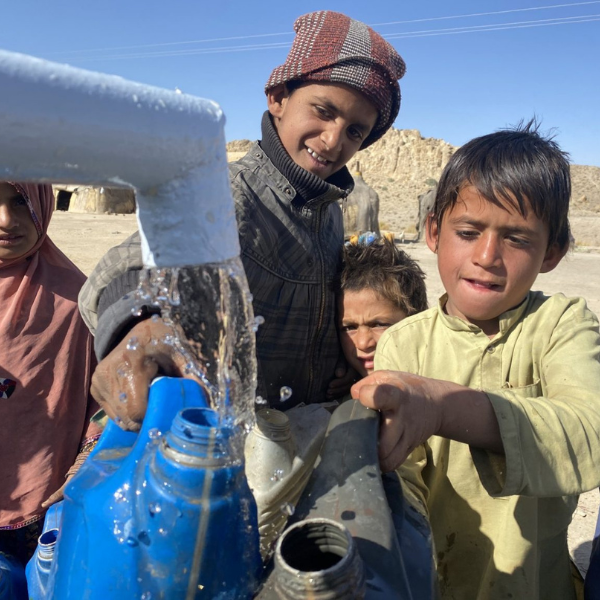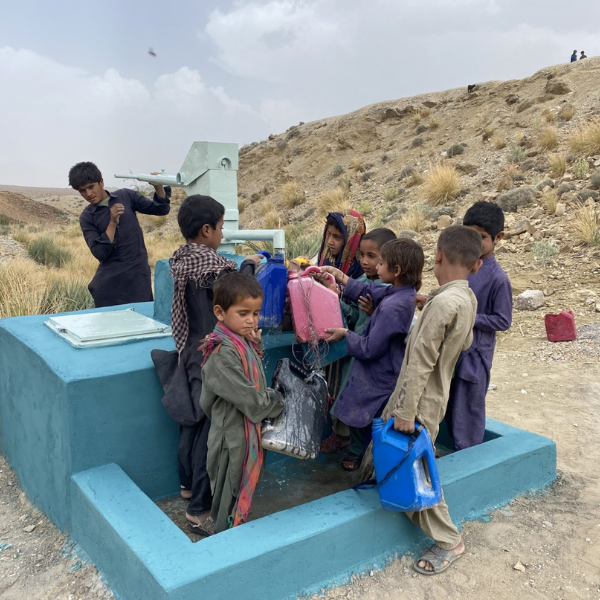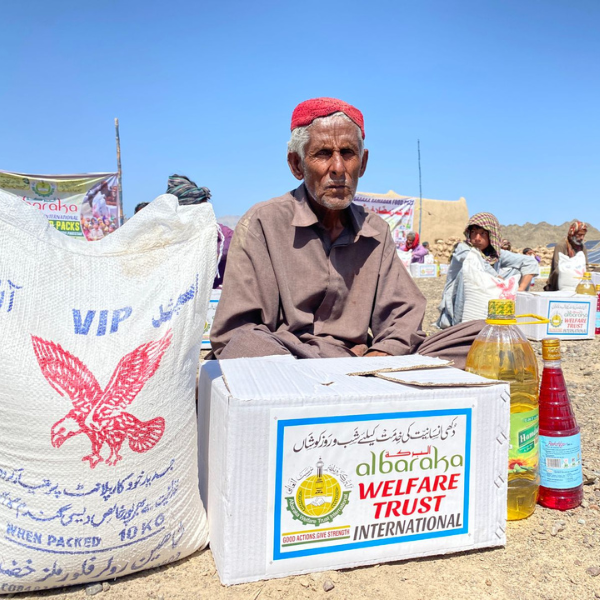A Comprehensive Guide to Zakat Donation
Zakat is charity, and to be charitable is to be Muslim.
Zakat is a fundamental concept in Islam, emphasizing the act of charitable giving. Derived from Arabic, it means “purification” or “growth.” Muslims are required to donate a percentage of their wealth annually to support those in need. Serving as both a spiritual duty and a means of social welfare, Zakat fosters compassion, equality, and community well-being.
…and those in whose wealth there is a recognised right, for the needy and deprived
[Qur’an 70:24-5]
What Is Zakat?
Zakat, a fundamental Islamic practice, is a form of almsgiving treated as a religious obligation or tax. It’s one of the Five Pillars of Islam and requires Muslims to donate 2.5% of their qualifying wealth each year to assist the needy.
Who should pay Zakat?
Zakat, an Islamic religious duty, is obligatory for every sane, adult Muslim who possesses wealth exceeding the nisab threshold, equivalent to about 85 grams of gold. It’s due annually on excess wealth, including savings and investments, held for a full lunar year.
Different types of wealth subject to Zakat
Zakat, an Islamic obligation, is due on various wealth types including cash, savings, business goods, investments, livestock, and agricultural produce. It fosters financial equity by mandating annual contributions from surplus assets exceeding a certain threshold.
Zakat vs. Sadaqah
Zakat and Sadaqah differ significantly. Zakat is mandatory, one of the Five Pillars of Islam, and is given annually when specific financial criteria are met. Sadaqah is entirely voluntary, driven by a desire to please Allah SWT.
Who is Eligible to Give & Receive Zakat?
Zakat, an Islamic financial obligation, can be given by financially capable Muslims owning wealth above the nisab threshold for a lunar year. It’s received by specific groups including the poor, needy, those in debt, and for community welfare.
Timing of Zakat
Zakat, an Islamic financial obligation, must be paid after a full lunar year (Hawl) on wealth exceeding the Nisab threshold. It’s calculated annually, aligning with the lunar Islamic calendar, ensuring a consistent, spiritual act of giving for Muslims.
Benefits of Zakat
Zakat, a cornerstone of Islamic faith, purifies wealth and fosters social harmony by aiding the needy, reducing inequality, and encouraging financial responsibility.
‘The likeness of (the ones) who expend their riches in the way of Allah is as the likeness of a grain that grows seven ears, in every ear a hundred grains. And Allah gives manifold to whomever He decides; and Allah is Ever-Embracing, Ever-Knowing.’ – Holy Quran, surat Al-Baqarah [2:261]
Every act of kindness we perform increases Allah’s mercy upon us. Engaging in Sadaqah ensures a reward in the Hereafter.
How to Donate your Zakat during Ramadan to Albaraka Trust?
Donate online:
You can pay your Zakat online in Ramadan 2024 through our secure online donation portal. All you need to do is find out how much you need to pay using our Zakat calculator and donate the amount you work out.
Donation Hotline:
You can call Albaraka Welfare Trust at 01216677399 and make your Zakat donation reach us through direct bank transfer. Contact us for more details, and let your Zakat pave the way for positive change.




